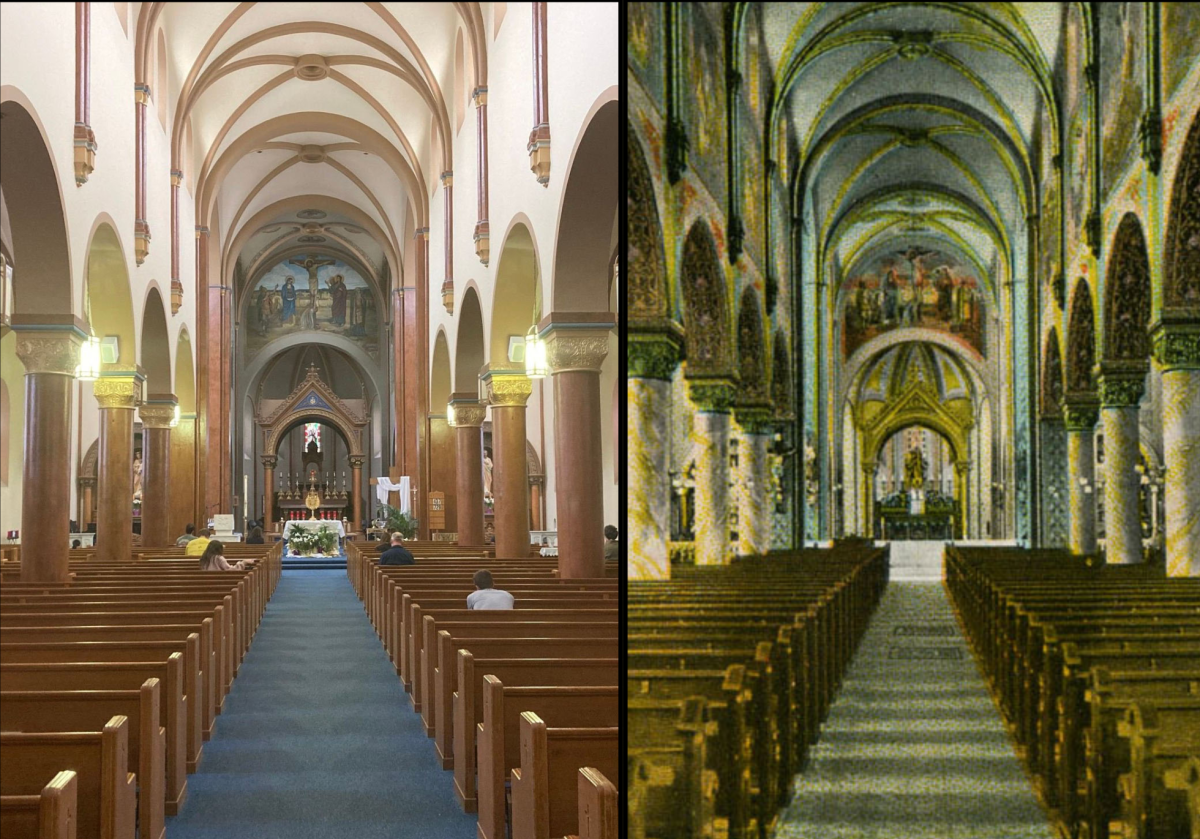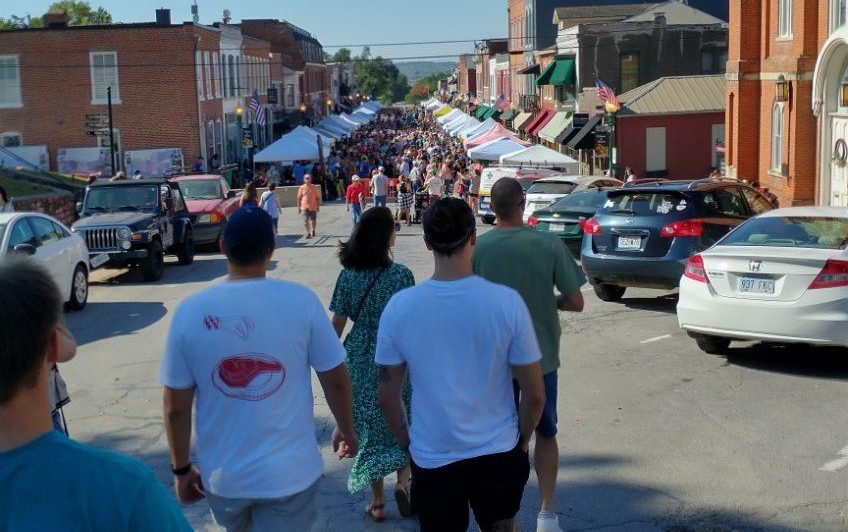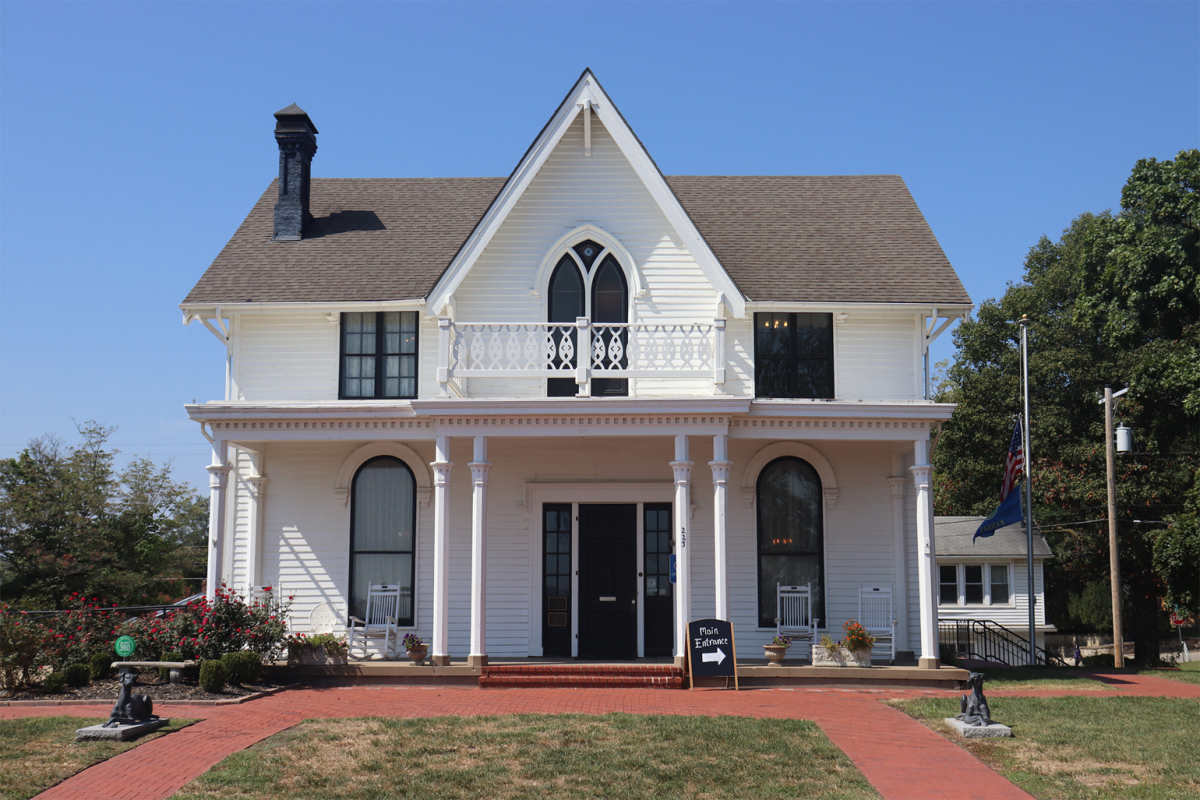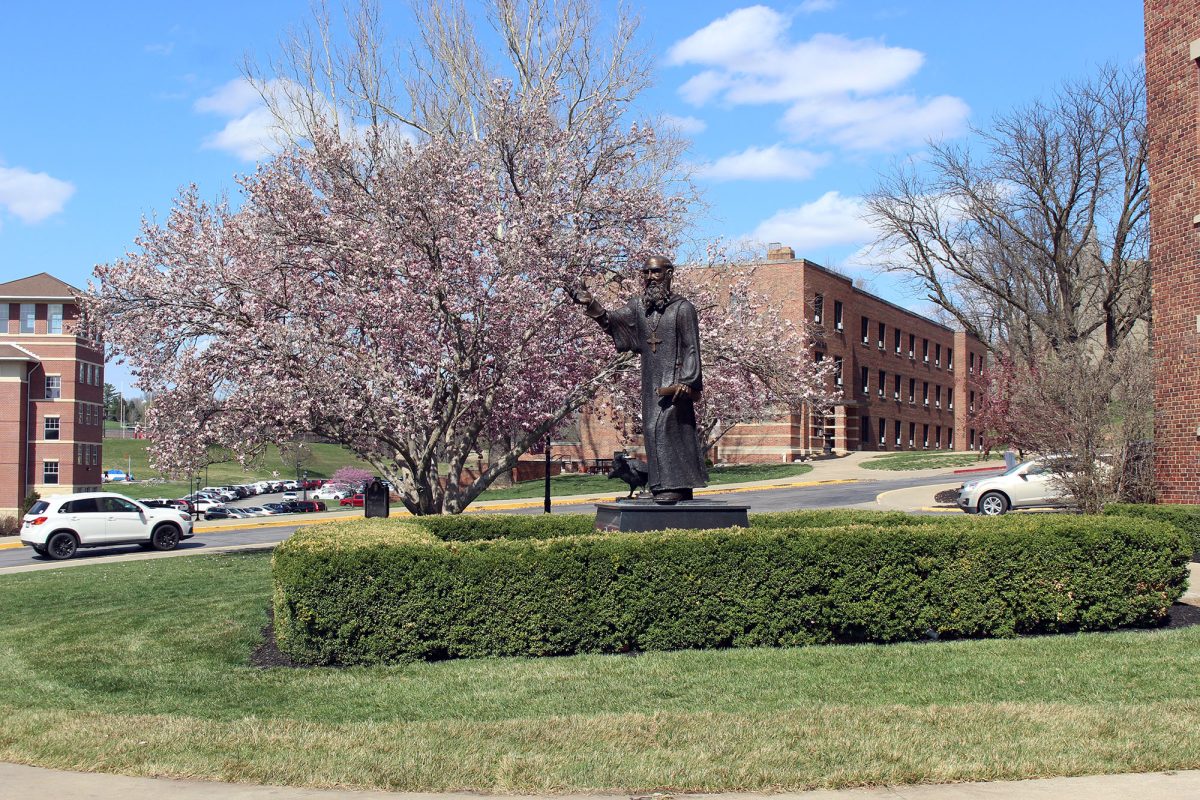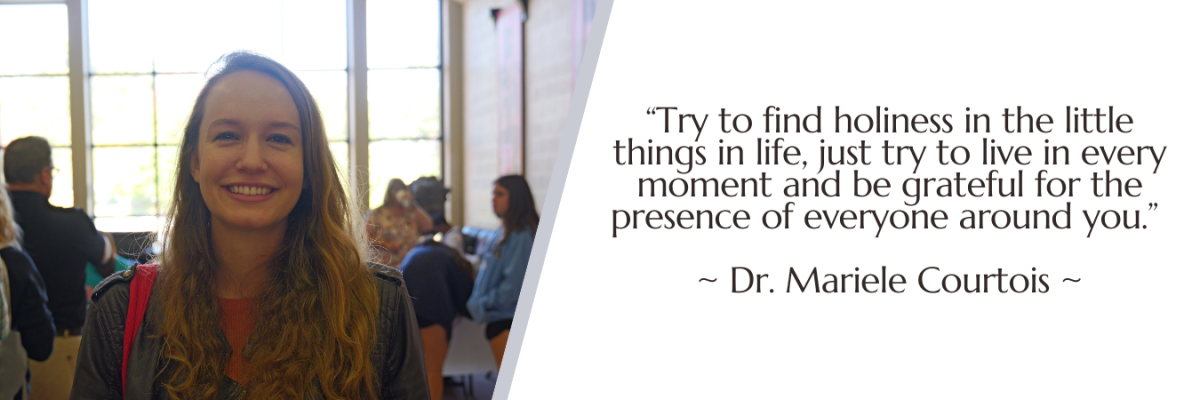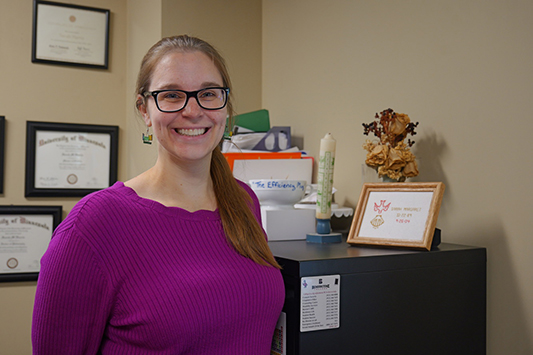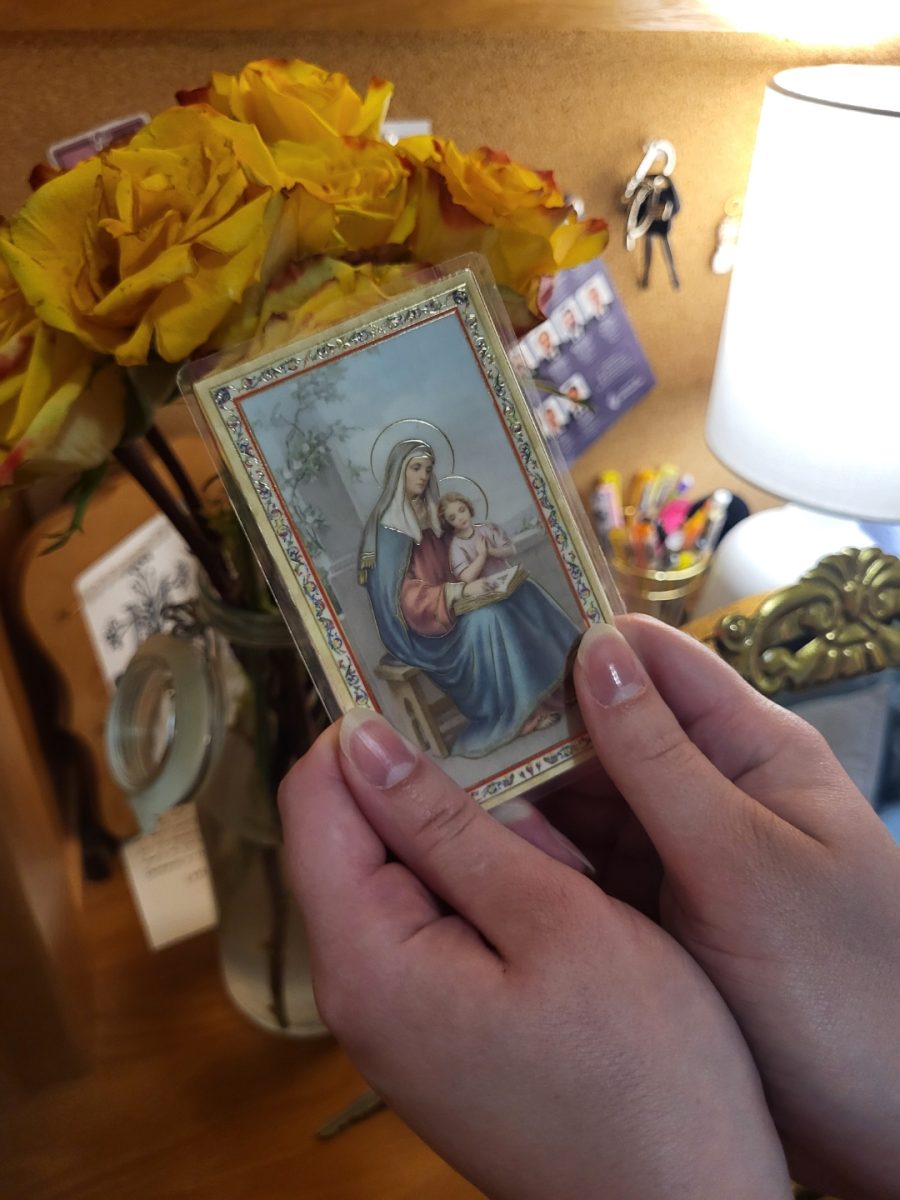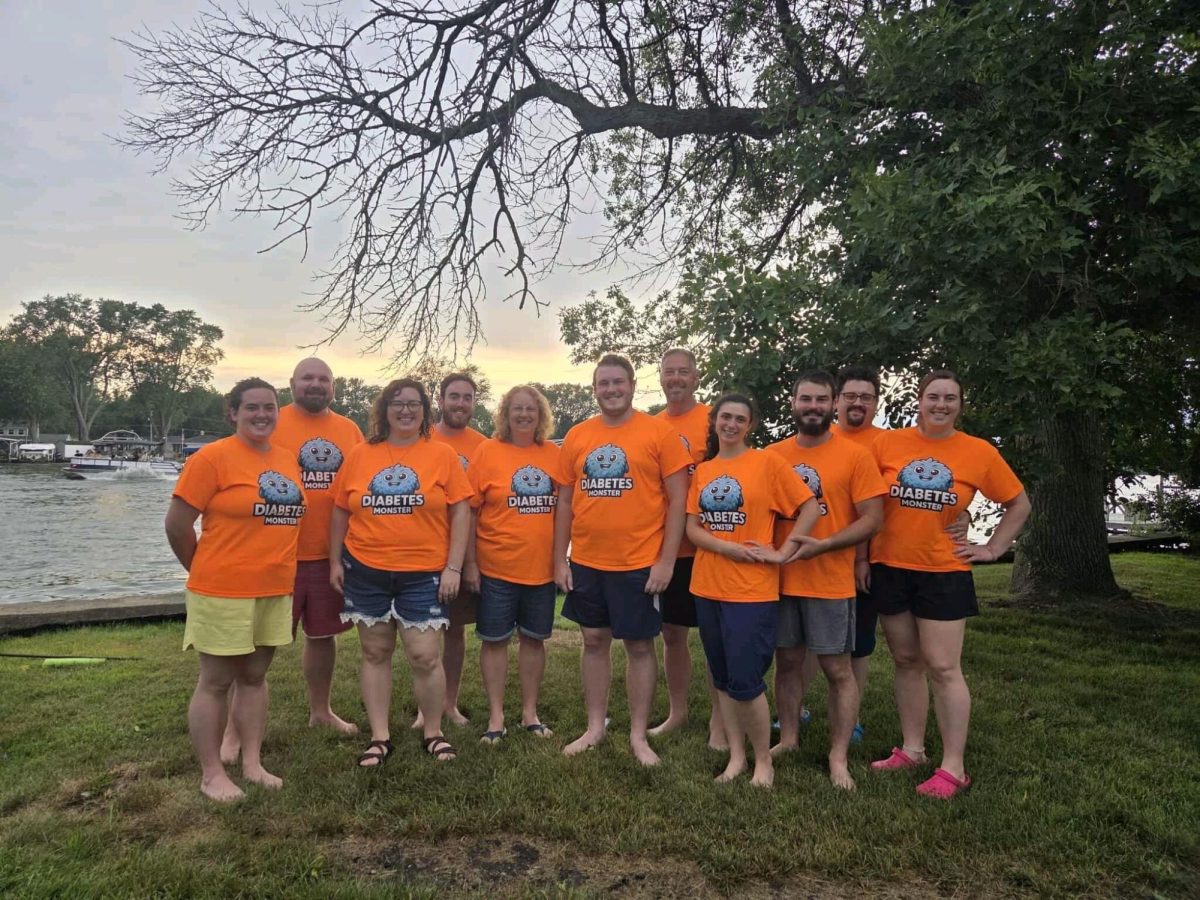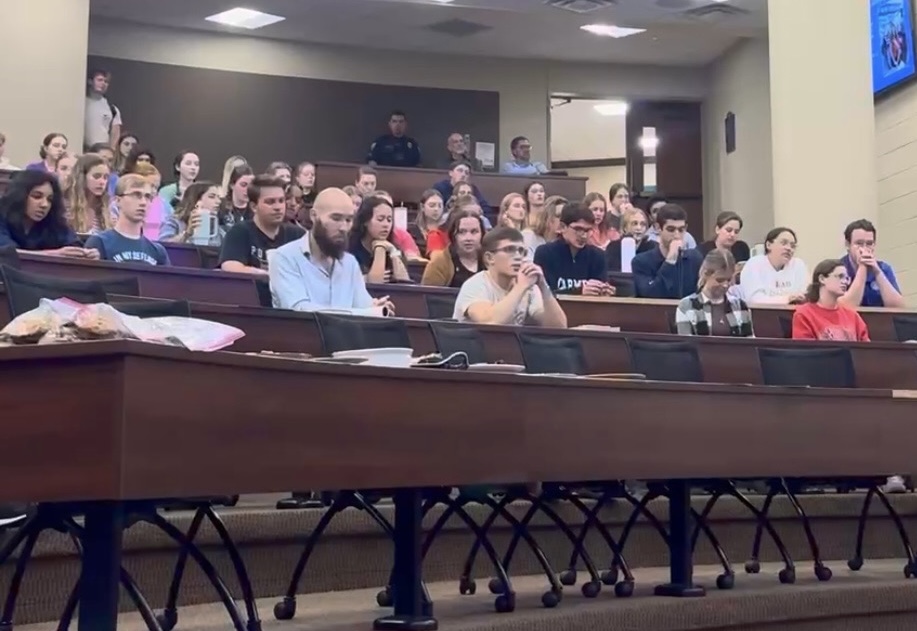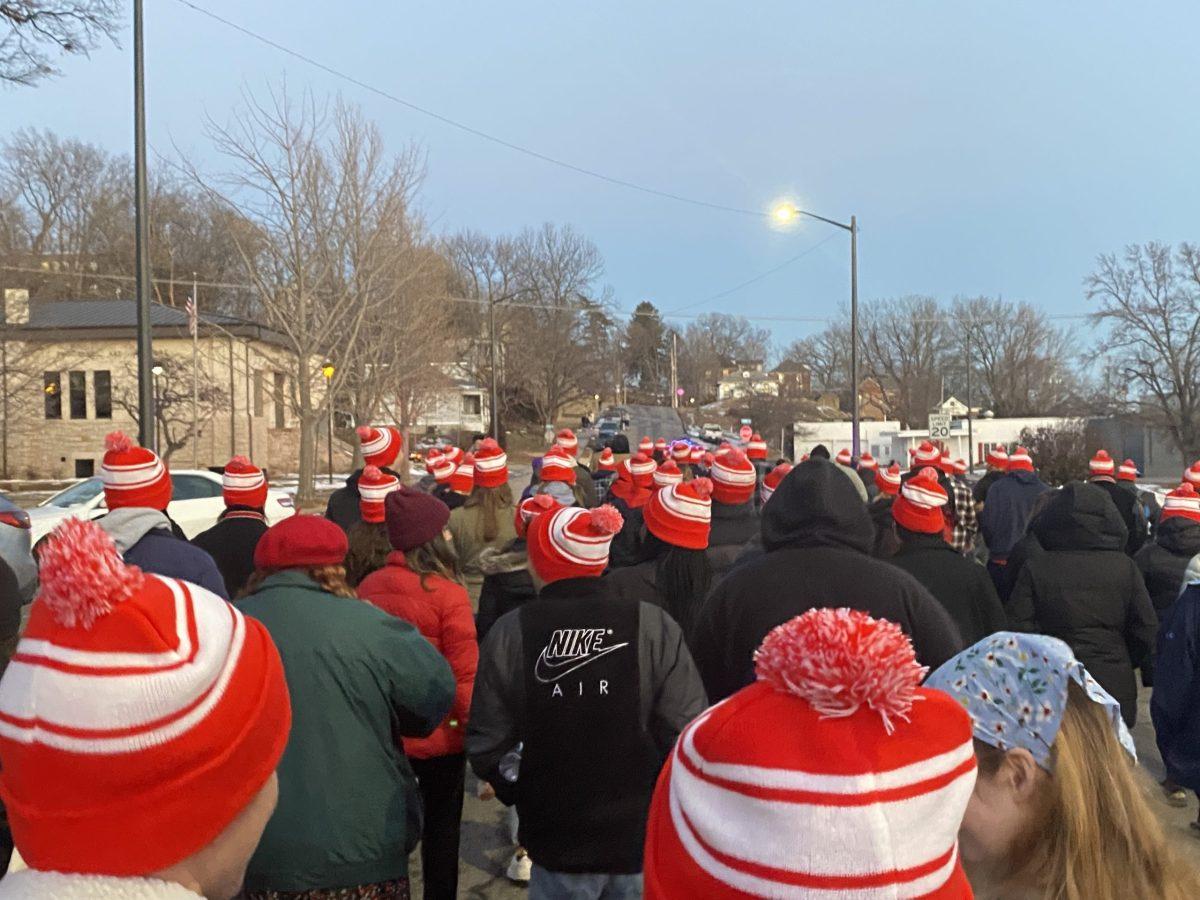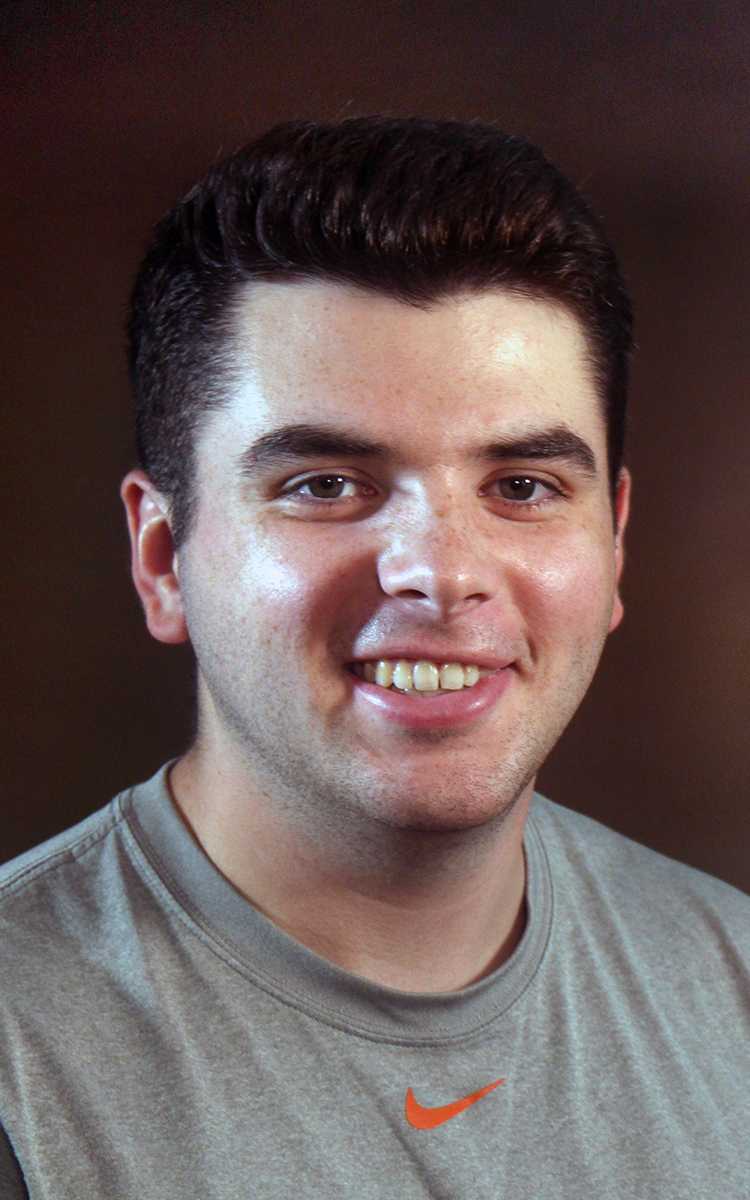Joseph Lynch, Managing Editor
Not everyone has a home to call their own.
As Benedictine College was preparing for homecoming weekend festivities, there were Atchison residents who were facing the reality of homelessness.
One woman, who preferred not to have her name revealed, stopped by the Catholic Charities Atchison Emergency Center one afternoon two weeks ago to pick up tomato sauce to go with her pasta. She was awaiting housing assistance as well as trying to get a job, but until then, she did not have a place to stay.
“I know tonight I’m going to have to sleep on the ground,” she said. “I might even go down there underneath the viaduct – there’s a bathroom. But it’s scary you know.”
This woman is not the only one.
According to a survey taken in January 2018, there are 38 people experiencing homelessness in Atchison.
18 of these people were sleeping in cars, camping or simply trying to keep warm outside, while 17 were staying with family or friends on most nights. The youngest person was 19 and the oldest was 84.
The survey, called Point-in-Time (PIT), is conducted annually in communities around the country.
Tama Dutton, the Manager at the Catholic Charities Atchison Emergency Center, believes that the homelessness in Atchison is a reality that needs to be addressed.
“We have a homeless population here,” Dutton said, “So as good citizens of this city, what are we going to do about it?”
Catholic Charities’ simple office space next to Jerry’s Again restaurant on Kansas Avenue is accompanied by the Northeast Kansas Community Action Program, or NEK-CAP, which has an Atchison location at 111 N 6th St. Both agencies, which serve the needs of low income and homeless residents in town, have been very busy lately, Dutton said.
According to their website, Catholic Charities begins with addressing immediate needs, like food or clothing and then attempts to help individuals and families find solutions that will lead towards finding stability. Ultimately, however, it is about more than the social work.
Tama Dutton pointed to a picture of Jesus on her office wall.
“We all focus on Jesus, we all focus on serving him – in his poor,” Dutton said. “And we have seen Jesus many of times.”
The woman who visited Catholic Charities two weeks ago was experiencing homelessness for the first time. For twenty five years she had worked in nursing homes and in a hospital. Then, she had an aneurysm that led to memory loss.
This highlights one of the common causes of homelessness in the U.S.
The National Alliance to End Homelessness claims on their website that long-term disabling health conditions are one of the top reasons that people become homeless.
Substance abuse is another leading factor.
During October, the numerous articles in the Atchison Globe about crimes related to methamphetamine shows that the drug has a presence in Atchison.
“Of all the drugs that could go through a community, I tell you what, meth will destroy a community,” Dutton said. “And I think that’s what happened to a whole part of Atchison.”
For the Atchison woman experiencing homelessness, meth can be a result of unemployment or low paying jobs.
“So you get depressed and you just want to feel numb,” she said.
There are also two starkly different kinds of cultures in Atchison. One being the middle-class and the more affluent and other experiencing real poverty.
According to the woman, being part of the poor part of town sometimes means turning to drugs.
“There’s good families in this town and they make good money,” she said. “But the poor, you know, they feel jealous…they feel put aside.”
Methamphetamine has come close to home for this woman, whose own son has taken the drug.
“He was a very good drawer and now when he draws he draws faces,” she said. “I say, ‘why are you drawing faces?’ ‘They’re watching me’. I can’t convince him otherwise”.
The Atchison Point-in-Time survey reported that 7 of the 38 homeless people surveyed last January claimed to have received treatment, services or diagnosis for drug abuse.“You really have two Atchisons,” Dutton said. “Coexisting together is this whole other culture.”
Driving around Atchison, this different culture is visible, with dilapidated and abandoned homes only blocks away from the better neighborhoods and the college campus.
“To pull people out of poverty, we have to first have a conversation,” Dutton said. “And understand where each is coming from.”
Meanwhile, the Atchison woman will be waiting for her housing assistance and the possibility of a job in town.
As the woman got up to leave the Catholic Charities office, Dutton asked her to take one of the mats that were being offered for people to sleep on outside.
“I have a real thick sleeping bag,” the woman answered.





